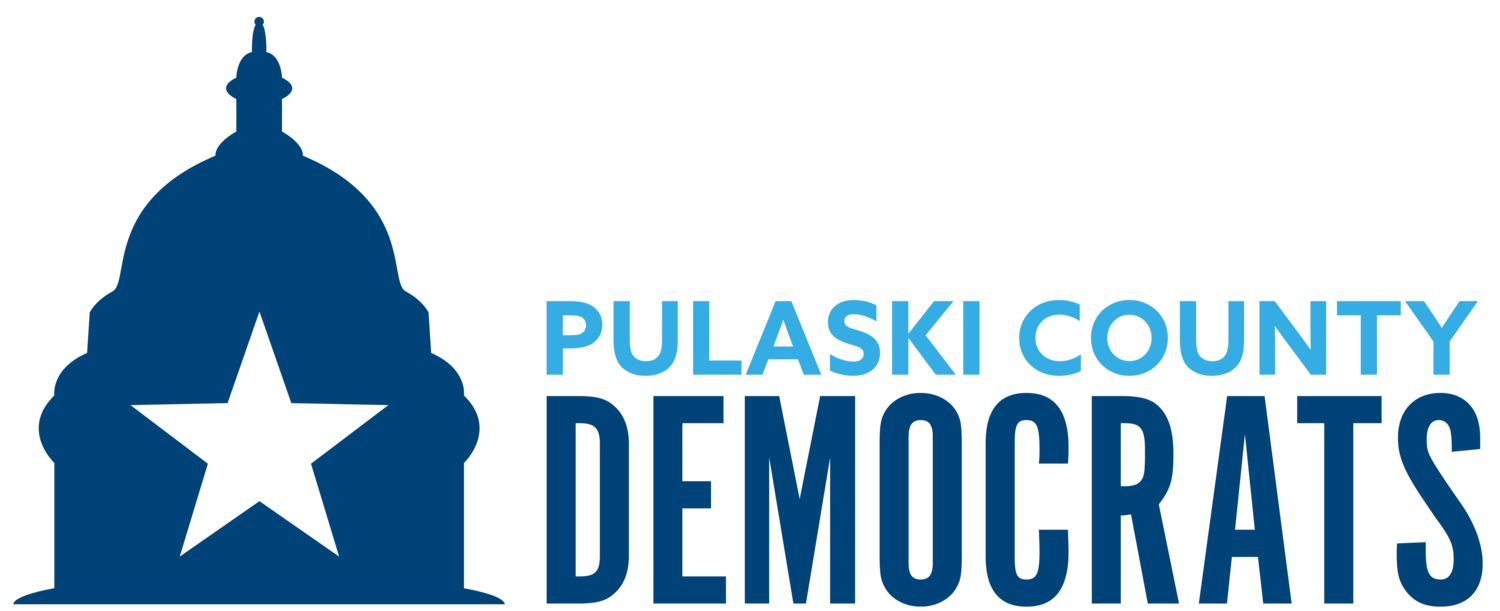Indigenous Peoples' Day advocates say the recognition helps correct a "whitewashed" American history that has glorified Europeans like Italian explorer Christopher Columbus who have committed violence against Indigenous communities. Native Americans have long criticized the inaccuracies and harmful narratives of Columbus' legacy that credited him with his "discovery" of the Americas when Indigenous people were there first.
"It is difficult to grapple with the complete accomplishments of individuals and also the costs of what those accomplishments came at," said Mandy Van Heuvelen, the cultural interpreter coordinator at the Smithsonian's National Museum of the American Indian.
There are no set rules on how one should appreciate the day, said Van Heuvelen, a member of the Cheyenne River Sioux Tribe from South Dakota. It's all about reflection, recognition, celebration and an education.
"It can be a day of reflection of our history in the United States, the role Native people have played in it, the impacts that history has had on native people and communities, and also a day to gain some understanding of the diversity of Indigenous peoples," she said.
The idea was first proposed by Indigenous peoples at a United Nations conference in 1977 held to address discrimination against Natives, as NPR has reported. But South Dakota became the first state to replace Columbus Day with Indigenous Peoples day in 1989, officially celebrating it the following year.
What might seem to some like a simple name change can lead to real social progress for Indigenous Americans, said Van Heuvelen.
"What these changes accomplish, piece by piece, is visibility for Native people in the United States," she said. "Until Native people are or are fully seen in our society and in everyday life, we can't accomplish those bigger changes. As long as Native people remain invisible, it's much more easier for people to look past those real issues and those real concerns within those communities."

